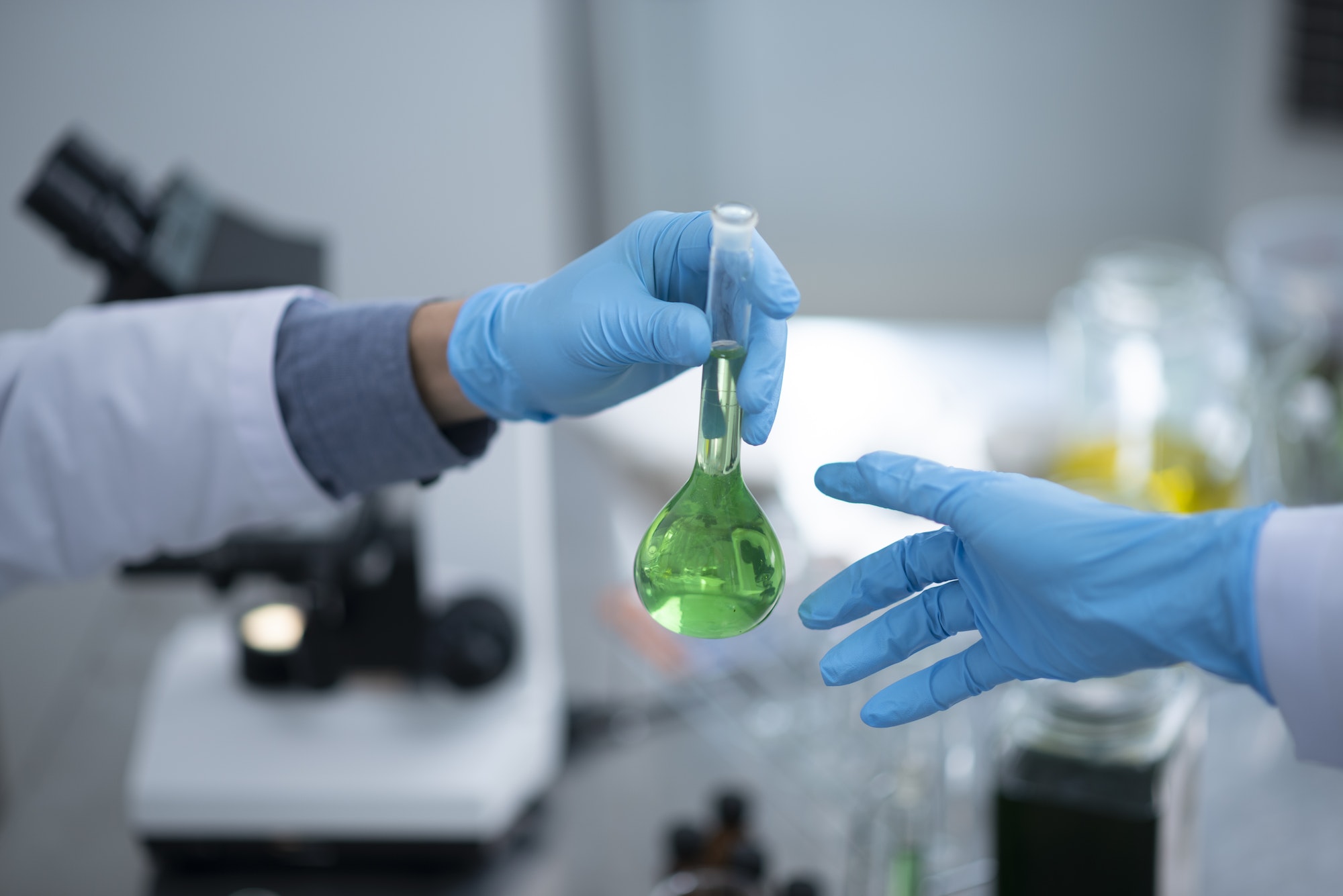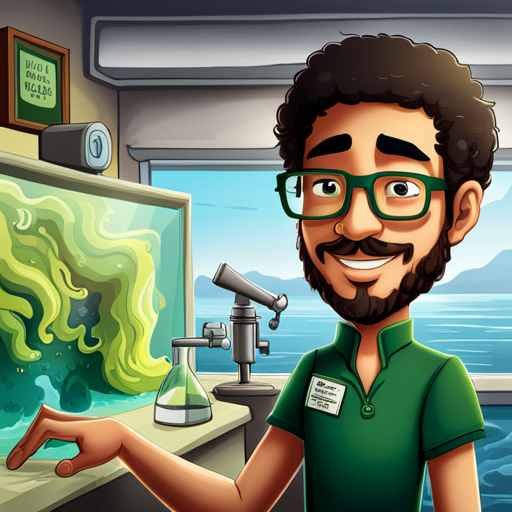In recent years, the search for alternative and sustainable energy sources has gained significant momentum. One promising candidate for biofuel production is algae, which offers numerous advantages compared to traditional feedstocks such as corn and soybeans. This article will discuss the benefits of using algae for biofuel production and why it is considered a sustainable and renewable energy source.
Firstly, algae have a much higher yield per unit area compared to traditional feedstocks. They can produce up to 50 times more oil per acre than land-based crops, making them an efficient source of biomass for biofuel production. This high yield also means that less land is required to produce the same amount of biofuel, reducing the pressure on agricultural land and decreasing the risk of deforestation and biodiversity loss associated with expanding cropland.
Moreover, algae can grow in diverse environments such as saltwater, freshwater, or even wastewater, which further reduces competition for arable land. This adaptability allows for the cultivation of algae in areas unsuitable for conventional agriculture, preventing the displacement of food crops and mitigating potential food security concerns associated with biofuel production.
Another advantage of using algae as a feedstock is their rapid growth rate. Some species of microalgae can double their biomass within 24 hours under optimal conditions, allowing for continuous harvesting and high productivity. This rapid growth also enables quick adaptation and optimization of cultivation conditions to improve biomass yield and oil content.
Algae can also help reduce greenhouse gas emissions when used as a biofuel feedstock. During photosynthesis, algae absorb carbon dioxide (CO2) from the atmosphere or industrial emissions, converting it into organic biomass. When this biomass is converted into biofuel and burned, it releases CO2 back into the atmosphere. However, this process is essentially carbon-neutral since the CO2 emitted during combustion is equivalent to the amount initially absorbed by the algae during growth.
Furthermore, utilizing wastewater or industrial flue gas as a nutrient source for algae cultivation can lead to additional environmental benefits. Algae can remove pollutants such as nitrogen, phosphorus, and heavy metals from wastewater, improving water quality and reducing the need for conventional wastewater treatment processes. Similarly, using CO2-rich flue gas from power plants or industrial facilities can enhance algae growth while simultaneously capturing and sequestering CO2 emissions.
The versatility of algae as a feedstock extends beyond biofuel production. The residual biomass left after extracting oil for biofuel can be used as animal feed, fertilizers, or even as a source of valuable chemicals and materials such as bioplastics. This approach aligns with the concept of a biorefinery, where multiple products are derived from a single biomass feedstock, increasing the overall economic viability and sustainability of the process.
Despite these advantages, some challenges remain in scaling up algae-based biofuel production. High capital and operating costs associated with algae cultivation systems and the energy-intensive process of harvesting and dewatering the algae biomass are some of the key hurdles to overcome. However, ongoing research and development efforts are focused on improving the efficiency and cost-effectiveness of these processes, bringing us closer to large-scale commercialization of algae-derived biofuels.
In conclusion, algae offer significant advantages as a feedstock for biofuel production. Their high yield per unit area, adaptability to diverse environments, rapid growth rate, potential for greenhouse gas mitigation, and versatility make them a promising candidate for sustainable and renewable energy production. As research continues to address the remaining challenges in scaling up algae-based biofuels, we move closer to realizing their full potential as a key player in our transition towards a more sustainable energy future.


